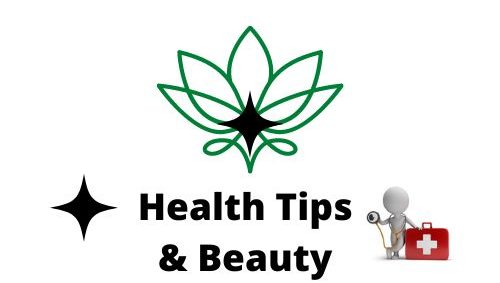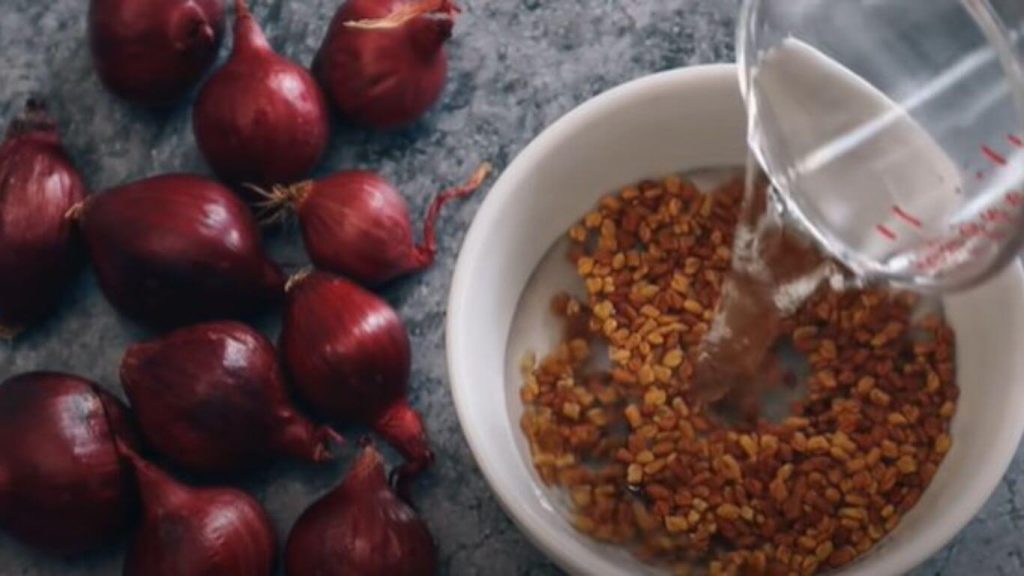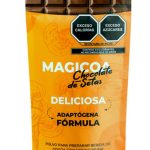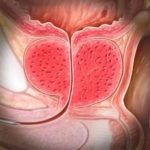As an Amazon Associate ,I earn from qualifying purchase .
In a world filled with commercial hair products promising overnight transformations, the allure of natural hair care is more significant than ever. Hair care should be tailored to the needs of both men and women and focus on nurturing and maintaining healthy hair without resorting to harsh chemicals. This guide delves into how to care your hair naturally with an analytical approach, considering various factors that influence hair health and providing practical solutions.
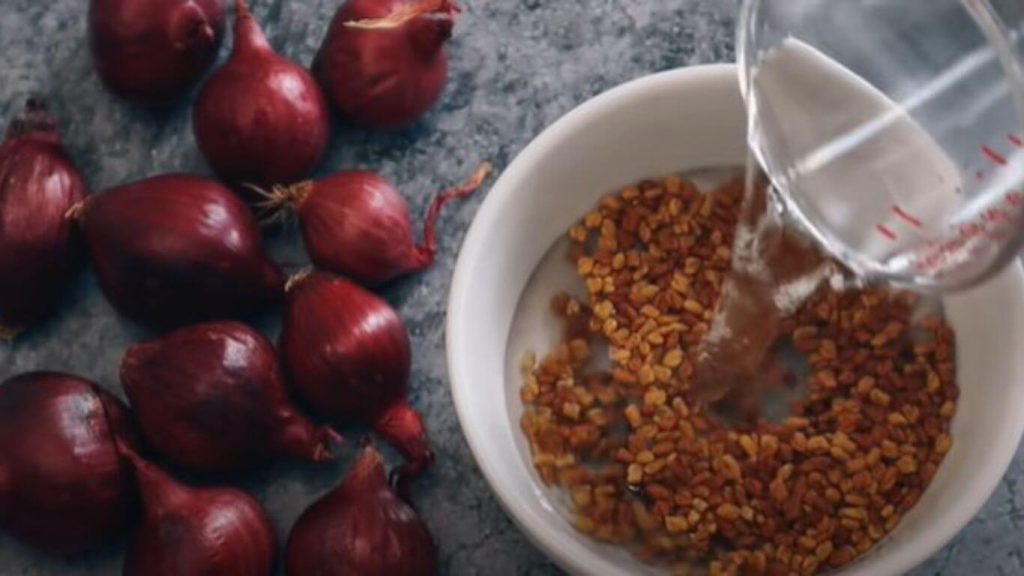
Understanding Hair Structure and Differences Between Genders
To properly care for hair, understanding its basic structure and how it may differ between men and women is essential. Hair is primarily composed of keratin, a fibrous protein, with three layers: the cuticle (outer layer), cortex (middle layer), and medulla (inner layer). The cuticle’s condition determines the hair’s shine and smoothness, while the cortex is responsible for strength, color, and texture.
Differences in Hair Between Men and Women:
- Hormonal Influences: Testosterone levels in men tend to make their hair oilier than that of women. The hormonal balance in women, especially estrogen, contributes to more variations in hair density and texture.
- Hair Loss Patterns: Men typically experience male pattern baldness due to genetics and dihydrotestosterone (DHT) sensitivity, while women may face hair thinning related to hormonal changes, stress, or nutritional deficiencies.
Factors Affecting Hair Health
Diet and Nutrition: Healthy hair starts from within. Essential nutrients like proteins, iron, zinc, biotin, and vitamins (A, C, D, and E) play a pivotal role in promoting hair growth and preventing breakage. A balanced diet rich in leafy greens, fruits, lean proteins, and whole grains supports the hair’s structure and growth.
Lifestyle and Habits:
- Hydration: Proper hydration ensures that hair strands remain flexible and less prone to breakage. Drinking enough water keeps hair hydrated from within.
- Sleep Quality: Poor sleep disrupts the body’s natural regenerative processes, including hair growth cycles.
Environmental Factors:
- Pollution: Dust and pollutants can clog hair follicles and lead to scalp issues.
- UV Radiation: Prolonged sun exposure can damage the hair shaft, making it dry and brittle.
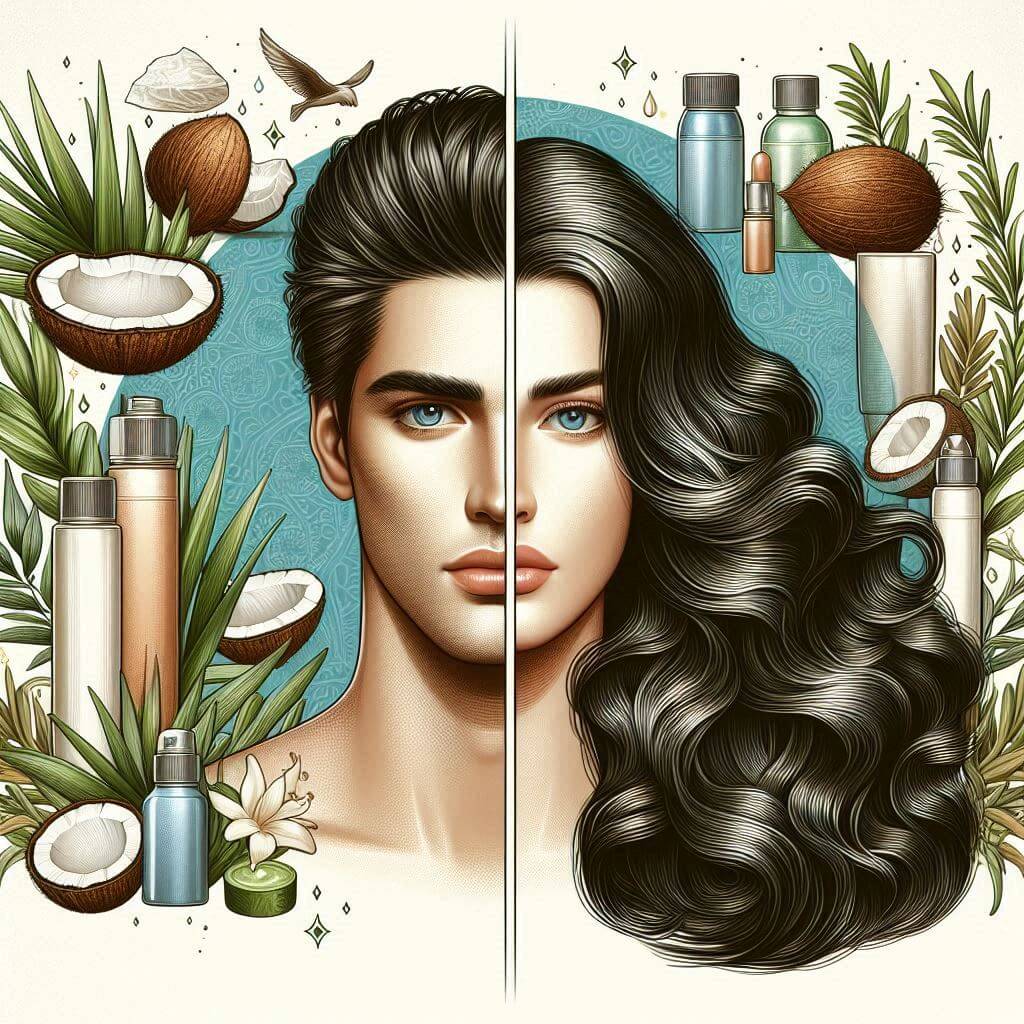
Daily Natural Hair Care Routine for Men and Women
Cleansing:
- Use Gentle, Natural Shampoos: Look for shampoos with natural ingredients like aloe vera, tea tree oil, and neem. These ingredients help cleanse the scalp without stripping away natural oils.
- Avoid Overwashing: Washing hair too frequently can remove the natural sebum needed to maintain moisture. Limit hair washing to 2-3 times a week.
Conditioning:
- Deep Conditioning with Natural Oils: Coconut oil, argan oil, and olive oil are excellent natural conditioners that can be applied before or after washing. These oils penetrate the hair shaft and help repair and nourish from within.
- DIY Hair Masks: Create masks using banana, honey, avocado, or yogurt. For example, a mixture of avocado and honey provides deep hydration and promotes hair elasticity.
Natural Remedies and Ingredients for Specific Hair Concerns
For Dandruff and Dry Scalp:
- Tea Tree Oil: Known for its antifungal properties, tea tree oil can help reduce dandruff and soothe an itchy scalp. Mix a few drops with a carrier oil and massage into the scalp for relief.
- Aloe Vera Gel: Apply pure aloe vera gel directly to the scalp to soothe irritation and add moisture.
For Hair Loss:
- Onion Juice: Rich in sulfur, onion juice has been shown to boost blood circulation and hair growth when applied to the scalp regularly.
- Rosemary Oil: Studies indicate that rosemary oil can be as effective as minoxidil for hair growth. Massage it into the scalp with a carrier oil to encourage growth.
For Split Ends and Frizz:
- Argan Oil: Known as “liquid gold,” argan oil smooths hair and prevents split ends without weighing it down.
- Apple Cider Vinegar Rinse: This helps balance the pH of the scalp and smooths the hair cuticle for less frizz and more shine.
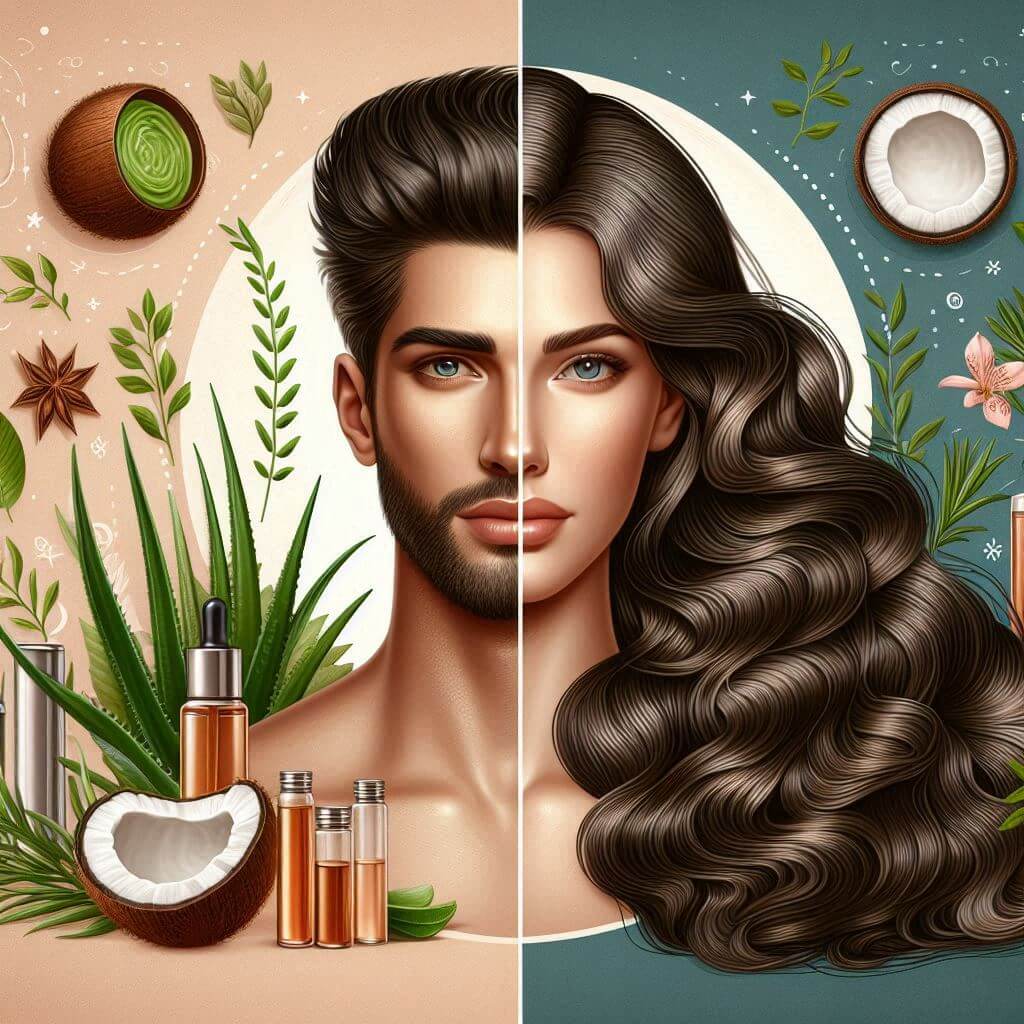
Natural Hair Care Practices and Tips
Scalp Care:
- Scalp Massages: Regularly massaging the scalp with natural oils boosts blood flow, stimulating hair follicles and promoting growth.
- Exfoliation: Gently exfoliate the scalp once a week using a mix of brown sugar and olive oil to remove dead skin cells and unclog pores.
Combing and Styling:
- Wide-Toothed Comb: Use a wide-toothed comb to detangle hair and minimize breakage. Avoid brushing wet hair as it is more susceptible to damage.
- Limit Heat Styling: Minimize the use of heat tools like straighteners and blow dryers. If needed, use a natural heat protectant, such as argan or coconut oil.
Protective Measures:
- Protective Hairstyles: Braids, buns, and twists can help reduce hair exposure to environmental damage and tangling.
- Silk Pillowcases: Sleeping on silk or satin pillowcases reduces friction, preventing breakage and split ends.
Myths vs. Facts in Natural Hair Care
Myth 1: Natural Oils Make Hair Greasy
- Fact: When applied correctly, natural oils do not make hair greasy. They help balance the scalp’s natural oil production. Apply sparingly, focusing on the ends rather than the roots.
Myth 2: Cutting Hair Frequently Makes It Grow Faster
- Fact: While regular trims help remove split ends and maintain a healthy appearance, they do not affect the hair’s growth rate. Growth occurs at the scalp, not at the ends.
Myth 3: Cold Water Seals the Cuticle
- Fact: While rinsing hair with cold water may slightly help close the cuticle, it is not a substitute for using a good natural conditioner to smooth and protect the hair.
Lifestyle Habits to Enhance Hair Health
Stress Management:
- Mindfulness and Yoga: Regular practice of yoga and mindfulness not only benefits overall well-being but also boosts hair health by reducing stress, which is a significant factor in hair loss.
- Deep Breathing Exercises: Encourages circulation and helps maintain a healthy scalp.
Balanced Diet Tips:
- Include Omega-3 Fatty Acids: Foods such as salmon, flaxseed, and walnuts support hair growth by nourishing the hair follicles.
- Biotin-rich Foods: Eggs, nuts, and seeds are high in biotin, which is vital for keratin production.

Conclusion
How to care your hair naturally involves a holistic approach that incorporates diet, lifestyle, and the use of gentle, chemical-free products. For both men and women, the journey to healthy, vibrant hair is rooted in understanding individual needs, choosing the right natural remedies, and embracing consistent self-care practices. By incorporating these evidence-based tips into daily routines, anyone can achieve stronger, shinier, and healthier hair without compromising their scalp’s natural balance.
